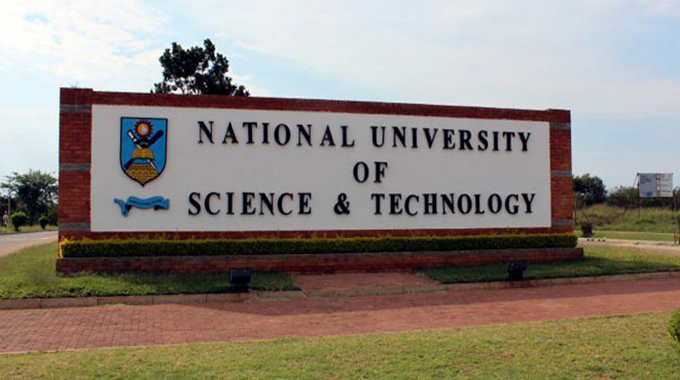SRC directive unlawful: ZC boss

Mehluli Sibanda, Senior Sports Reporter
ZIMBABWE Cricket chairman, Tavengwa Mukuhlani, believes the directive by the Sports and Recreation Commission to postpone its elective annual general meeting held in Victoria Falls last week was unlawful.
SRC directed ZC not to go ahead with its AGM, citing a number of reasons, but the cricket governing body went ahead with its gathering, which the sports supreme body has termed an act of defiance. Mukuhlani, who was elected for another four-year term, is convinced the instruction could not be followed because it went against the SRC Act and ZC constitution.
“The directive itself is in violation of the SRC Act, which says associations must hold their AGMs, conduct elections and have audited financial statements, which can only be passed at an AGM. The directive is a violation of the ZC constitution, which says when the term of office for office bearers comes to an end, elections must be held and audited financial statements must be approved by the delegates at an AGM,” Mukuhlani said.
He said ZC risked suspension by the ICC had it complied with the directive, as it could be interpreted as government meddling in the sport, which is prohibited in terms of the world cricket governing body’s Articles of Association and Regulations.
“The directive violates the ICC constitution, which says ZC must be autonomous, hold elections and must submit audited financial statements to ICC before the annual conference, which this year is taking place in July.
“We must have submitted our audited financial statements to the ICC by 16th of June. Most importantly, the directive puts ZC in breach of the ICC code, which relates to government interference. In its totality, the SRC directive is illegal and SRC are forcing us to follow an illegal instruction.
“All issues to do with elections at ZC are fully provided for in the ZC constitution. If anyone has an issue, they should approach the nomination court, not the SRC, because the SRC is not a court of appeal. Even if there were issues in Mash Central and Harare, the AGM could still proceed because the quorum is 50 percent of the 10 provinces. This AGM had 100 percent attendance of the delegates, so it was properly constituted. An AGM is not a board meeting, only delegates have the power to call it off,” Mukuhlani said.
Elections to choose a provincial leadership in Mashonaland Central didn’t take place because of a court interdict obtained by one candidate, Zorodzai Damiso, who was eyeing the chairmanship.
The provincial elections will now take place next month. In spite of that, Mashonaland Central sent delegates to the ZC AGM.
“Elections in Mash Central took place. At the time of voting for chairman, vice and other office bearers, violence erupted with Damiso at the forefront. Later on, they asked for their nomination forms and found out that William Chaitezvi’s form had a mistake and he was disqualified.
“When our acting MD Givemore Makoni went back to Mash Central to preside over the elections, he found out that there was now a court interdict so elections did not take place.
“Mash Central nominated their delegates for the AGM and nominated Chaitezvi as their candidate for special skills. So there is no issue in Mash Central. With regards to Harare, they were the first to have elections two months ago and no complaints came from there,” Mukuhlani said.
SRC also cited an audit into ZC finances, which they instituted last year, as one of the reasons for stopping the AGM.
However, Mukuhlani said ZC could not stop its annual gathering because of SRC ineptitude.
“In so far as the ZC constitution, we have fulfilled every section of the constitution. The audit was never a conditon for holding the AGM. The audit was meant to end in November last year. Why should we be prejudiced from having our AGM because of their inefficiencies?” — Mdawini_29











Comments